We examine the Internet landscape in five different countries in Central Asia as the next in our series of RIPE NCC Internet Country Reports.
RIPE NCC Internet Country Report: Central Asia
Отчет RIPE NCC по Центральной Азии на русском языке
This time, we again turned the spotlight on a region, rather than an individual country, in order to gain a broader understanding of Internet development in this part of the world, which has a unique history, geography, regulatory environment and other commonalities that make it interesting to examine as a whole. We look at five individual countries within the region - Kazakhstan, Kyrgyzstan, Tajikistan, Turkmenistan and Uzbekistan - and examine how they connect with one another as well as to the global Internet.
The RIPE NCC Internet Country Report: Central Asia gives an overview of the Internet landscape in the region as well as its limitations and opportunities for future growth. We take a detailed look at the different countries' access to the domain name system, domestic connectivity between networks, routing within and out of the region, and the different paths and providers offering transit into the region from the rest of the world. The analysis is based on data collected by RIPE NCC measurements tools, as well as a few external data sources.
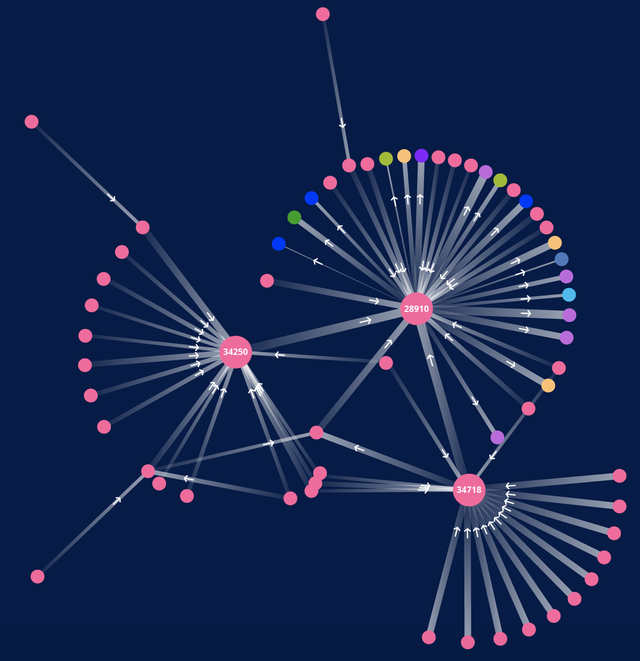
Domestic connectivity between the different networks (ASNs) in Uzbekistan
The report highlights several key findings, including the following:
- Central Asia’s geography, regulatory environment and dominance of state-controlled providers all contribute to limitations on the region’s Internet access
- A lack of IPv4 poses a particular challenge to future development
- Access to the domain name system is generally optimised, occurring at the local level
- There is limited peering between networks and exchange points are not widely embraced in the region
- Some traffic paths extend to distant exchange points, including Moscow and Stockholm
- There are limited international connections into the region and several potential points of failure
The report also reaches a number of conclusions about what is needed in the region from a technical and regulatory standpoint in order to facilitate Internet development and future growth.
The RIPE NCC previously produced Internet country reports on Saudi Arabia, Russia, Germany and Southeast Europe as part of an ongoing effort to support Internet development throughout our service region by making our data and insights available to local technical communities and decision makers.
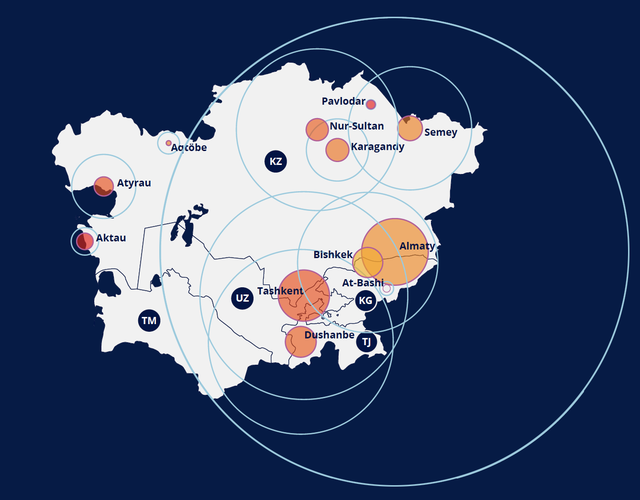
Major centres of traffic exchange within the region
Data Sources
We want to highlight the fact that these country reports are based on publicly available data. We hope they give you an idea of the kind of information and analysis that's possible using RIPE NCC data. If this report inspires you to learn more about the RIPE NCC tools used to develop it - and perhaps even to pursue your own research into some of these topics - you can learn more here:
Future Reports
We plan to continue producing these Internet country reports for countries and regions throughout the RIPE NCC's service region of Europe, the Middle East and parts of Central Asia - and we want to hear from you about what would be most interesting and valuable. Please share your ideas with us below and let us know what you would like to see!

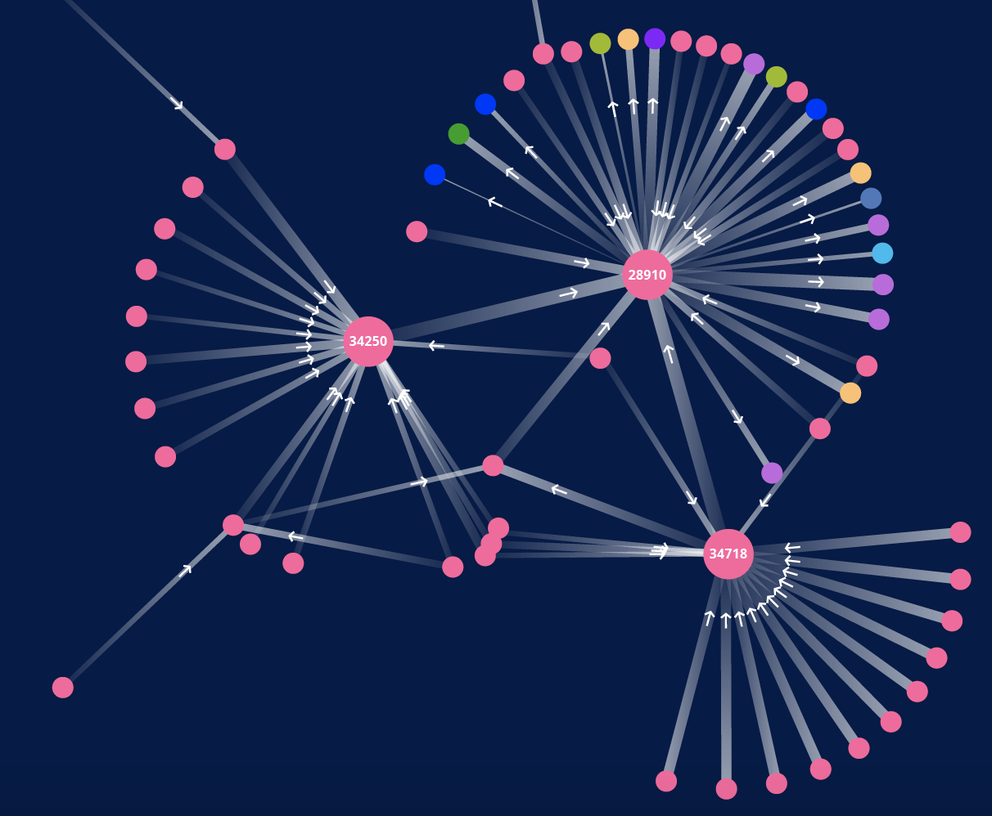
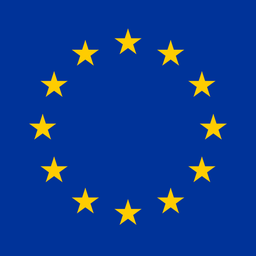
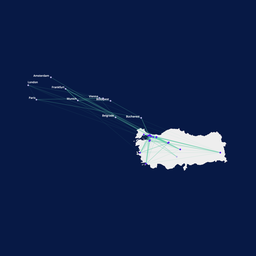

Comments 0
The comments section is closed for articles published more than a year ago. If you'd like to inform us of any issues, please contact us.